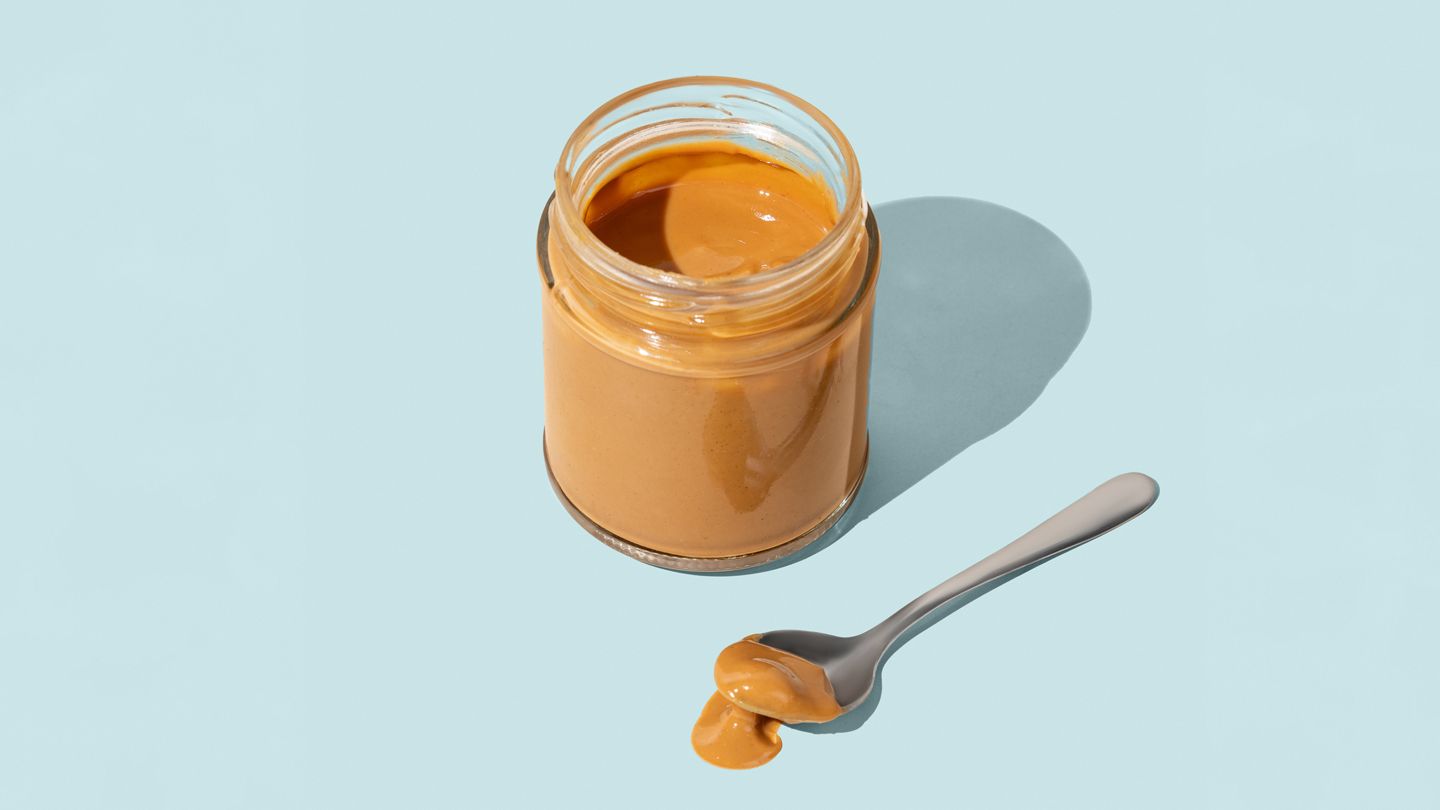While peanuts themselves are nutritious, commercially available peanut butters vary widely in their added ingredients. We asked a few dietitians to give us some advice on what to look for — and what to avoid — when choosing a healthy peanut butter. Here are their tips.
Opt for Sodium-Free or Low-Sodium Varieties
While many peanut butter manufacturers add salt to their spreads, excessive sodium can be an issue for heart health. The American Heart Association recommends that Americans with healthy blood pressure take in no more than 2,300 milligrams (mg) per day, which is the amount in slightly less than 1 teaspoon of salt. The organization advises those with high blood pressure to limit their intake even further, to 1,500 mg per day.
If sodium-free PBs aren’t to your taste, choose the one with the lowest sodium, says Jaclyn Morris, RD, a dietitian with DaVita Kidney Care, particularly if you are living with certain health conditions, such as heart disease.
Look for Brands That Do Not Use Hydrogenated Oils
Natural peanut butters without added oils tend to separate, which isn’t a bad thing — it just means you may need to mix it a bit before spreading the peanut butter.
Many companies once relied on partially hydrogenated oils to prevent that separation. But partially hydrogenated oils — made of unhealthy trans fat — are associated with an increased risk of heart disease and stroke. Because of these health risks, the U.S. Food and Drug Administration (FDA) banned the use of partially hydrogenated oils in food in 2018.
Some companies add neutral-flavored palm oil to their product to prevent separation. Fully hydrogenated oils create more shelf stable products and are not trans fats. “They aren’t necessarily bad but should be consumed in moderation,” says Morris.
“There is also the environmental impact to consider,” Morris continues. According to World Wildlife Fund, palm oil plantations have led to the destruction of rainforests, which has threatened many animal species and human inhabitants.
Watch for Added Sugar
In 2016, the FDA updated the nutrition facts label on packaged foods to make added sugars easier to spot. The 2020–2025 Dietary Guidelines for Americans recommends that added sugars constitute no more than 10 percent of your daily calories.
The healthiest peanut butters generally stick to peanuts as the sole ingredient, with a small amount of added salt, says Morris. If you prefer sweetness with your peanut butter, she suggests adding a small amount of honey or maple syrup.
Here are eight healthy peanut butters recommended by registered dietitians:
Read the full article here




